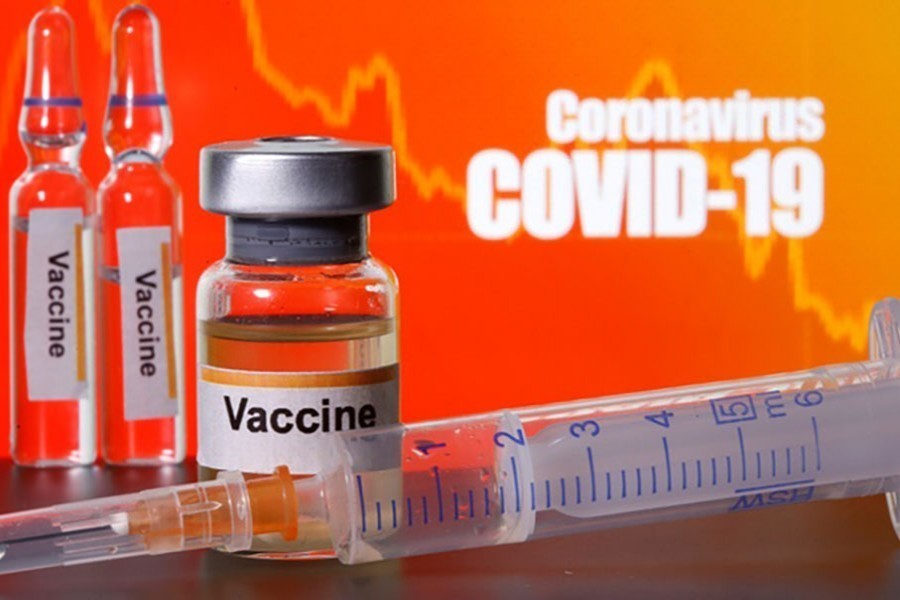The inter-ministerial consultative committee on Covid-19 vaccine procurement and distribution has rightly decided to evaluate the capability of local pharmaceutical companies in producing the same vaccine. For this purpose, it has reportedly, listed three drug manufacturers that have their vaccine plants. The assessment of their capability has become necessary, at least, for a couple of reasons.
The first reason is the ongoing preliminary discussions on local production of vaccines developed by a Russian company. The second reason has far wider positive implications. Intellectual property rights for Covid-19 vaccines might be temporarily suspended. Some months back there was an international move to suspend the IP rights over the Covid vaccine, but it could not make much headway in the face of opposition from Australia and a few European nations. Following the US backing, the initiative has gained pace lately. Germany, however, has been staunchly opposing it.
Currently, the pharmaceutical companies that invent the vaccines have control over the companies that are permitted to produce them. They have a reason for doing so. These entities invest a substantial sum in the research and development of vaccines and, naturally, they want to make profits out of those. Still, there is an instance of such waiver. About two decades back, international pharma giants agreed to a waiver in the case of generic drugs to help deal with the HIV/AIDS epidemic.
An unusual situation necessitates unusual measures. The situation is truly difficult for many nations. Nothing could be more pathetic if the countries failed to protect their populations when antidotes are available. The world is now witnessing, what is called, vaccine nationalism. Around 80 per cent of the Covid vaccines are going to only 10 12 rich nations. A few have hoarded vaccines several times more than their populations would require. The opposite is happening in most poor and developing countries.
For instance, Bangladesh, though it started early, has been able to vaccinate a very small percentage of its population. It has already stopped giving the first jab and a good number of people would not get the second dose as its stock of vaccine would get dry within the next few days. The Serum Institute of India (SII), the manufacturer of Oxford-AstraZeneca vaccine, has stopped the delivery of the contracted vaccines because of the export ban imposed by the Indian government. The government is now trying its best to procure vaccines from Russia and China within the shortest possible time.
Local vaccine manufacturers are confident, if a vaccine blueprint is available in the event of IP waiver, the world would see the end of the pandemic within a very short time. One local state-of-the-art vaccine unit, reportedly, is capable of producing 600 to 800 million Covid vaccines annually.
However, the IP waiver that would come through the World Trade Organisation (WTO) is likely to take time since it involves lots of negotiations. But when people are dying in their thousands daily, some of them without treatment and many countries are having problems with cremation or burial, there is no scope to waste time in the name of discussions. The IP rights waiver needs to be announced immediately to help mass production of vaccines, maintaining all the protocols and quality control.


